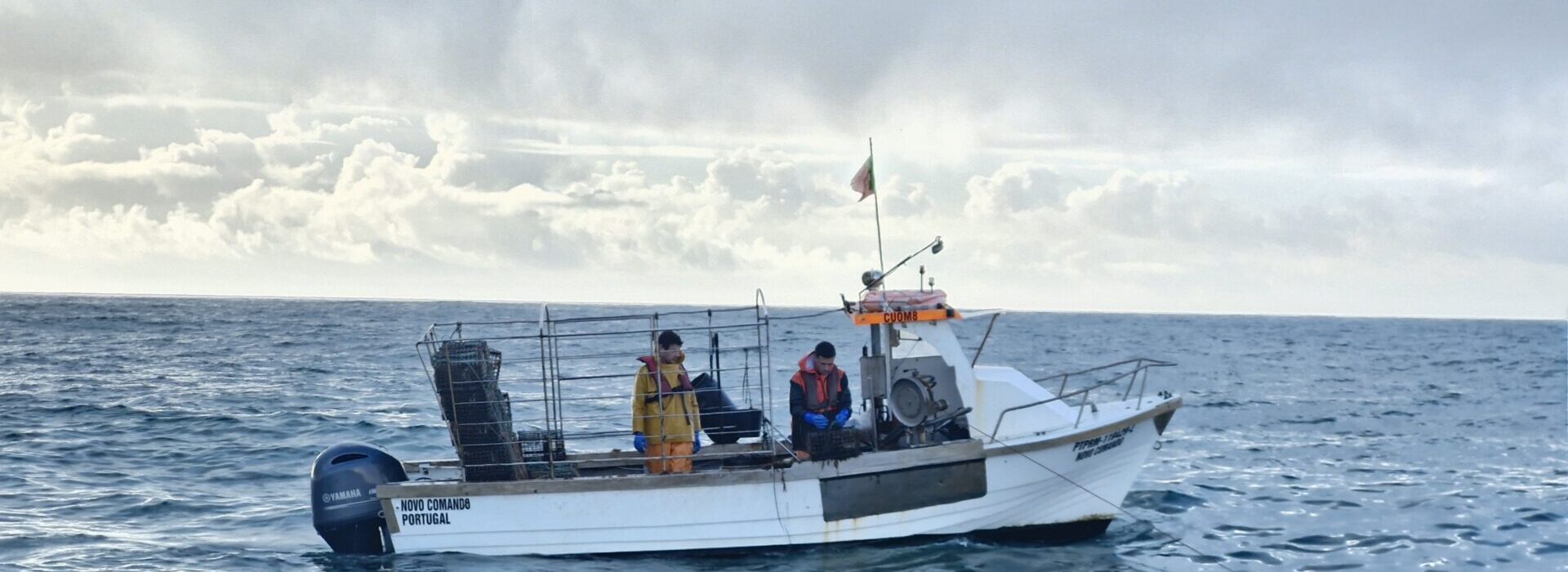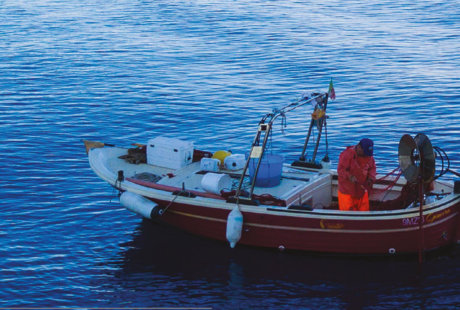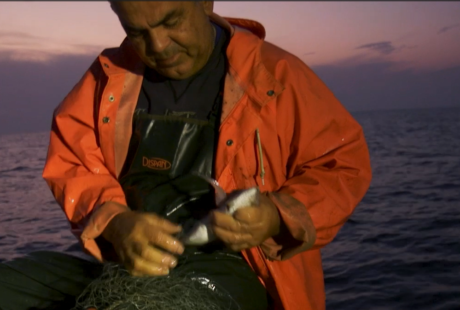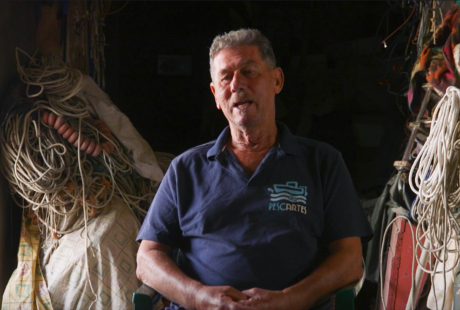Seas At Risk welcomes the European Commission’s newly released guidelines (1), as they represent a crucial opportunity for Member States to make the national allocation of fishing quotas fairer, more transparent and environmentally friendly.
The Commission’s guidelines urge EU Member States to make full use of the flexibility offered by the EU Common Fisheries Policy (2). These guidelines encourage a transparent allocation of national fishing quotas as well as the incorporation of environmental and socio-economic criteria.
This approach is crucial to correct the current imbalance in how fishing opportunities are shared across the EU. For decades, small-scale and low-impact fishers, the backbone of European coastal communities and drivers of the transition towards more sustainable fishing practices, have been disadvantaged by a non-transparent system that relies almost exclusively on historic criteria and catch volume. As a result, small-scale and low-impact fishers often lack dedicated access to fishing quotas and are sidelined in favor of larger industrial fleets, which receive the bulk of available resources regardless of environmental and societal impacts (4). The lack of publicly accessible data on quota distribution methods and outcomes prevents accountability, and perpetuates a system where powerful industrial fleets continue to dominate quota distribution. This imbalance not only threatens coastal communities, but it also undermines efforts to preserve fish populations.
“We call on all EU Member States to seize this opportunity: to make the fishing quota allocation system transparent and ensure that decisions support both ocean health and local livelihoods,” said Bruno Nicostrate, Senior Fisheries Policy Officer at Seas At Risk, adding: “If fully implemented, the new approach could be a game-changer, boosting responsible fishing, improving livelihoods of small-scale fishers and supporting thriving coastal communities across Europe. The tools are there, Member States should just use them to deliver change”
BACKGROUND:
To show that a different approach is possible, Seas At Risk and partner NGOs have identified ten alternative practices pioneered by national governments. These examples demonstrate how fishing opportunities can be allocated more equitably and sustainably by integrating environmental and social criteria. If replicated, scaled up, and adapted to national contexts, such practices could help prevent overfishing, improve fishers’ wellbeing, and support the long-term health of marine ecosystems. (4)
ENDS.
NOTES TO EDITOR
- Guidelines published by the European Commission on 17/11/2025. It serves as a guidance to assist Member States in the implementation of Article 17 of the Common Fisheries Policy and focuses on the allocation of fishing opportunities in order to improve transparency, promote sustainable fishing practices across the EU, and support small-scale and coastal fishers.
- Article 17 of the EU Common Fisheries Policy allows Member States to allocate fishing quotas using criteria beyond historical catch records, including environmental and socio-economic factors. This flexibility remains largely unexploited across the EU Member States.
- The allocation of fishing quotas based on historic catch records or volume systematically disadvantages small-scale fishers by locking in past inequalities and favoring large industrial fleets that have long dominated fishing activities. Since quotas are typically allocated based on historical catch volumes, this system disadvantages those who had lower catches during the reference years for any reason, as well as newcomers to the sector. It also benefits companies that accumulate quotas through ownership of vessels to which quotas are attached, thereby reinforcing market concentration. Moreover, this approach limits the ability to align fisheries management with broader objectives such as improving fish quality, reducing environmental impacts, and maximizing social benefits. The lack of transparency in the allocation of quotas and other fishing opportunities (such as licenses and rights) further fosters clientelism and prioritizes private interests over those of the wider community. Study: Power structures shaping EU fisheries. How the political economy favours industrial over small scale, low impact fishing. Press release.
- New report: Commission and EU Countries to draw from existing realities to boost fair and eco-friendly fishing allocations. Press release.
END OF PR
Press release issued by Seas At Risk’ member Ecologistas en Accion in Spanish.
Posted on: 17 November 2025



